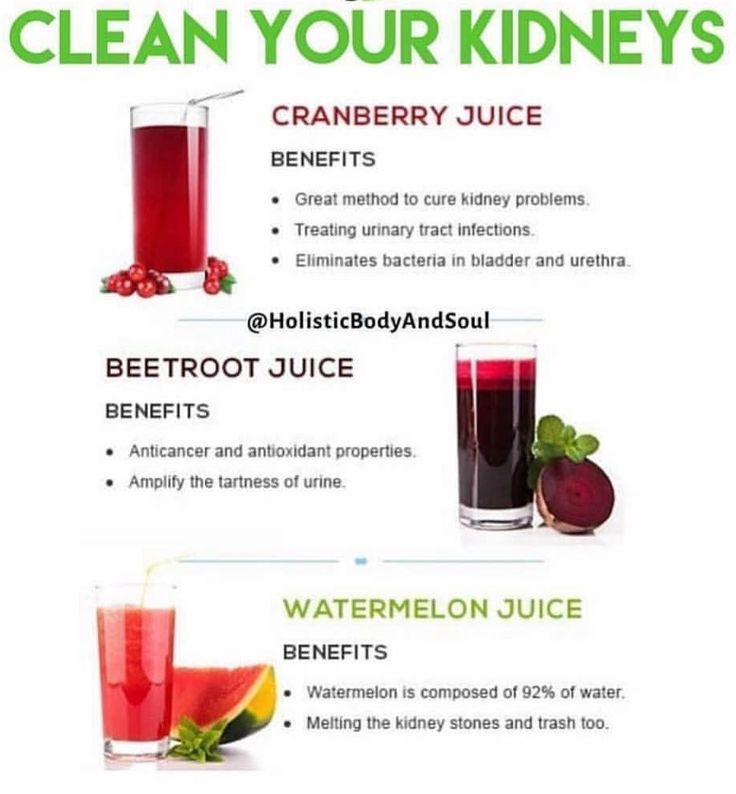The Relationship Between Beetroot Juice and Kidney Stones
Beetroot juice is renowned for its potent nutrition and cardiovascular benefits. However, its high oxalate content raises concerns regarding kidney stone formation, particularly in susceptible individuals. Understanding the connection between beetroot juice and kidney stones is essential for anyone with a history of stones or at risk for renal complications. This guide provides comprehensive insights to inform safe dietary decisions.

Oxalates in Beetroot Juice: Key Risk Factor for Kidney Stones
Oxalates are natural compounds present in many vegetables, including beetroots. When consumed, oxalates bind with calcium in urine to form calcium oxalate crystals—the primary constituent of most kidney stones.
-
Beetroot juice oxalate concentration: Among the highest for vegetable juices
-
Risk elevation: Regular, high intake may increase the likelihood of calcium oxalate stone development in those predisposed
Mechanism: How Beetroot Juice Contributes to Kidney Stone Formation
-
Ingestion of High-Oxalate Juice: Drinking beetroot juice raises oxalate levels in blood and urine.
-
Binding with Calcium: Excess oxalates combine with calcium in urine, especially when fluid intake is insufficient.
-
Crystallization in Urinary Tract: Formation of calcium oxalate crystals, which aggregate into stones.
-
Risk Magnifiers: Poor hydration, high urinary calcium, family history of stones, and certain medical conditions intensify risk.
Who Is Most At Risk From Beetroot Juice and Kidney Stones?
-
History of calcium oxalate kidney stones
-
Chronic dehydration or low urine output
-
Genetic predisposition to stone formation
-
Digestive disorders affecting oxalate metabolism (e.g., Crohn’s, short bowel syndrome)
-
Diet high in oxalate-rich foods (spinach, nuts, chocolate, beetroot)
Symptoms and Warning Signs of Kidney Stones
-
Severe flank or abdominal pain
-
Blood in urine (hematuria)
-
Painful urination or urinary urgency
-
Nausea and vomiting
-
Cloudy or foul-smelling urine
Early detection and prompt medical attention are crucial in managing symptoms and preventing complications.
Safe Beetroot Juice Intake: Guidelines for Kidney Stone Prevention
-
Limit intake: Restrict beetroot juice to less than 120 ml per day; consult a physician if at high risk.
-
Increase water consumption: Aim for at least 2–3 liters daily to dilute urine and reduce crystal formation.
-
Combine with calcium-rich foods: Calcium binds oxalate in the gut, decreasing absorption and urinary excretion.
-
Cycle consumption: Intermittent intake rather than daily routine reduces cumulative oxalate load.
-
Monitor for symptoms: Stay alert to recurring kidney stone symptoms and modify intake accordingly.
Alternatives to Beetroot Juice for At-Risk Populations
-
Carrot juice: Lower oxalate and similar vitamin A benefits
-
Cucumber juice: Hydrating and kidney-friendly
-
Green apple juice: Contains antioxidants, fewer oxalates
-
Diluted beetroot blends: Reduce oxalate density by combining beets with low-oxalate vegetables
Frequently Asked Questions About Beetroot Juice and Kidney Stones
Can everyone safely drink beetroot juice?
While most healthy adults tolerate moderate beetroot juice, those at risk for kidney stones should restrict intake.
How do I reduce the risk of kidney stones from beetroot juice?
Limit quantity, stay hydrated, and balance with calcium-rich foods to minimize oxalate absorption.
Are cooked beets safer than beetroot juice for kidney stone risk?
Cooking lowers oxalate content, making whole cooked beets a safer option for sensitive individuals.
Should I entirely avoid beetroot juice if I’ve had kidney stones?
Periodic small servings may be safe, but always consult a healthcare provider for personalized advice.
Managing Beetroot Juice Intake for Kidney Stone Safety
Beetroot juice offers significant health benefits but demands caution for those with a propensity for kidney stones. By understanding oxalate metabolism, practicing moderation, and embracing preventive strategies, individuals can enjoy beetroot juice’s nutrients while safeguarding kidney health. Regular consultation with medical professionals ensures optimal wellness decisions tailored to each individual’s risk profile.